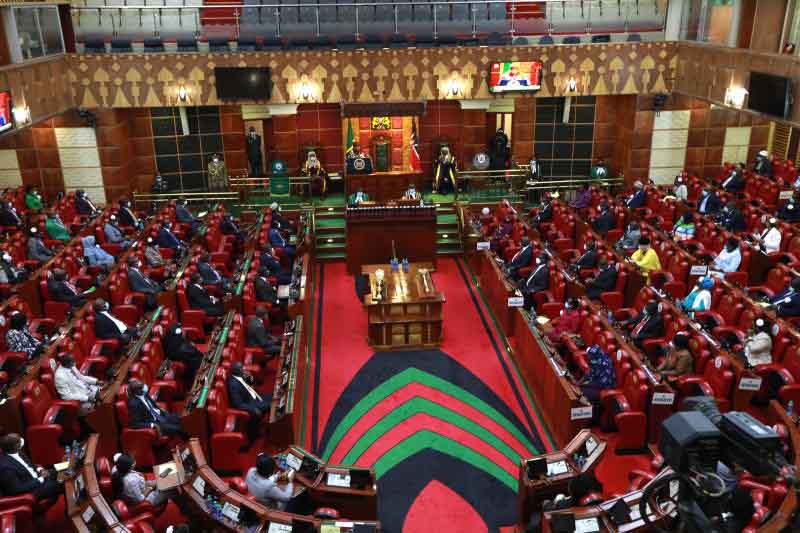×
The Standard e-Paper
Fearless, Trusted News

MPs allied to President Uhuru Kenyatta and ODM leader Raila Odinga yesterday faced off with their colleagues allied to Deputy President William Ruto over the Constitution of Kenya (Amendment) Bill 2020.
Ruto allies in the National Assembly and Senate put up strong opposition to the Bill, describing it as divisive and with little solutions to problems bedevilling Kenyans.